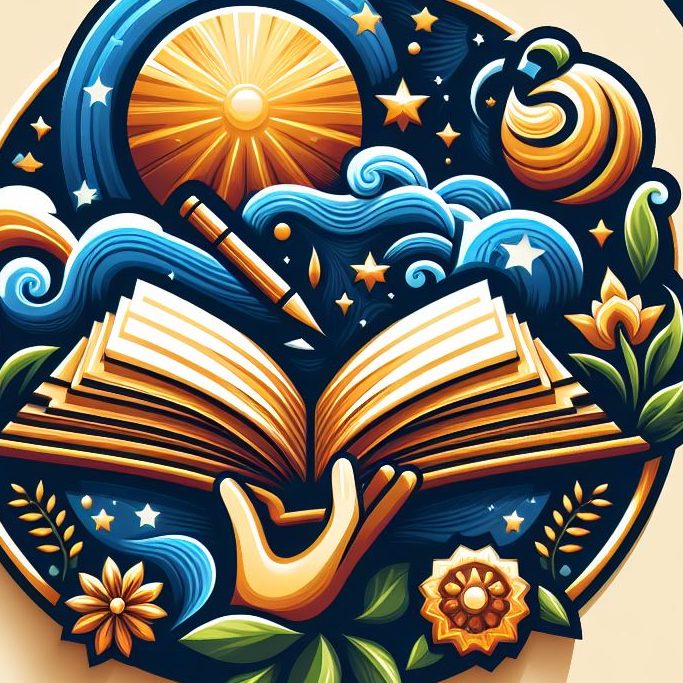Humans are born into this world with various responsibilities and obligations. We need to eat to satisfy hunger, clothe ourselves for protection, and work diligently to provide for our families and ourselves. Thus, human life in this world is often characterized by toil and hardship. Our actions can be categorized as either right or wrong. Right actions align with Heavenly principles and human morality, representing good. Wrong actions contradict Heavenly principles and human morality, representing evil. Performing good deeds brings inner peace, joy, and contentment. Committing bad deeds causes anxiety and unease, as if a divine voice whispers praise for our righteous actions and admonishes us for our wrongdoings. This is our conscience.
Conscience is a divine spark bestowed by the Supreme Being to safeguard our lives. It not only protects us but also guides us to discern right from wrong, encouraging us to choose the righteous path. However, many people are driven by greed and blinded by material desires, often ignoring their conscience. They knowingly commit wrongdoings and engage in harmful actions, prioritizing immediate gains over their inner moral compass.
To fulfill our potential as human beings, we must ensure that our actions align with our conscience. Only then, upon leaving this physical body, can our souls ascend to Heaven and avoid the depths of Hell. The Way is the path that guides our souls towards Heaven. Our souls are like travelers journeying towards this ultimate destination. Our physical bodies are like vehicles carrying our souls, and our actions are like horses pulling these vehicles. When our actions are guided by goodness, the horses pull the vehicle towards the destination (leading our souls to Heaven). However, if our actions are driven by evil, the horses will lead us astray, preventing us from reaching our destination (causing our souls to fall into Hell). To prevent the horses from going astray, we need a skilled charioteer to guide them. This charioteer is our conscience.
However, sometimes our desires for worldly pleasures overpower our conscience, like unruly horses resisting control. In such situations, the charioteer needs a whip to restrain the horses. This whip is our willpower (volonté). We need strong willpower to overcome our desires and follow the Way (*1).
Many people initially indulge in worldly pursuits, chasing fleeting pleasures, prioritizing self-interest, and causing harm to others. However, upon experiencing remorse, they can swiftly transform and dedicate themselves to spiritual cultivation. Such individuals possess great willpower.
(*1) The Divine Messages of March 5, 1927, state: “Whether one aspires to be a King, a teacher, a skilled artisan, or a spiritual practitioner, great willpower is essential for achieving success…”

Leave a Reply